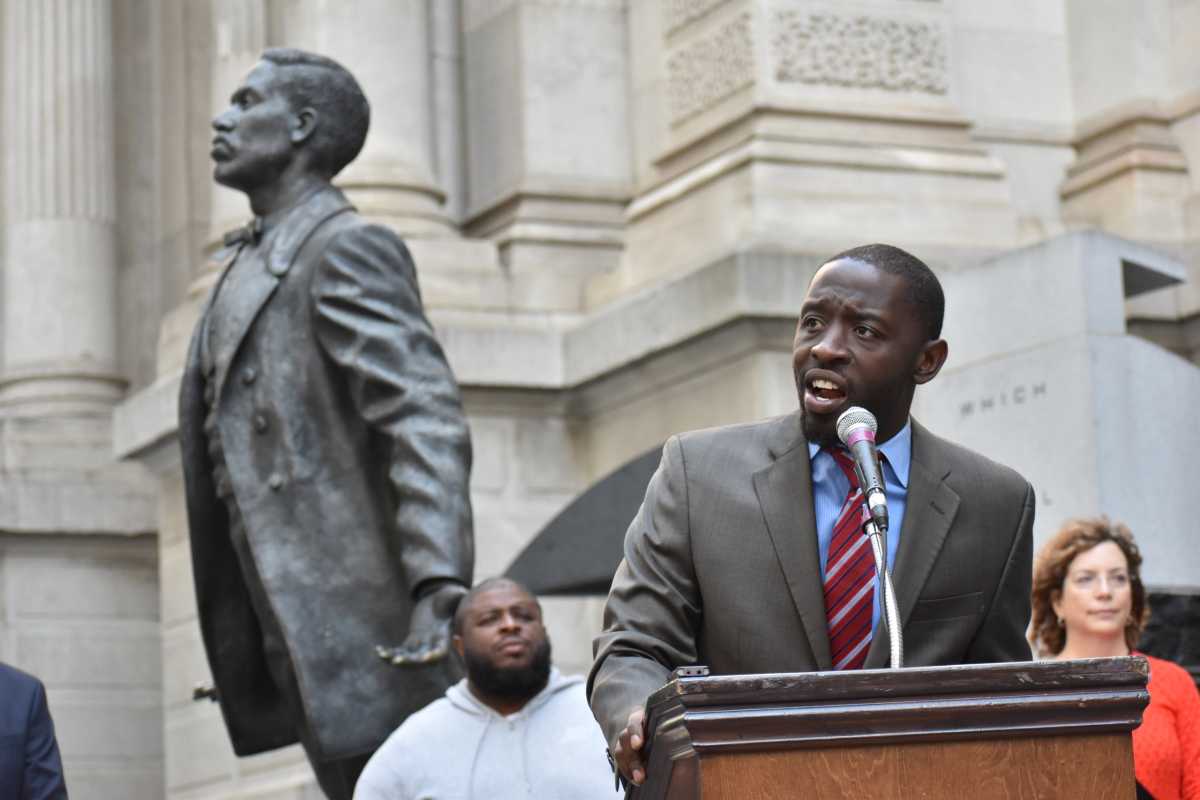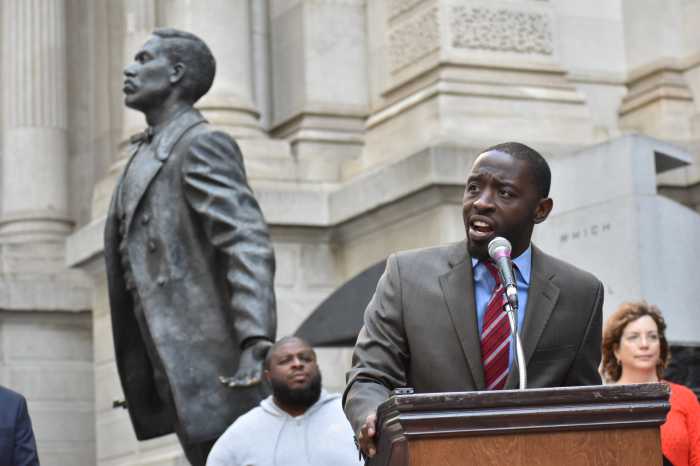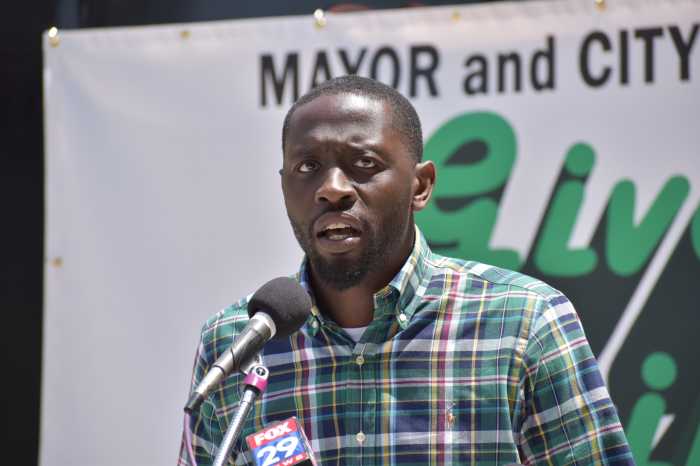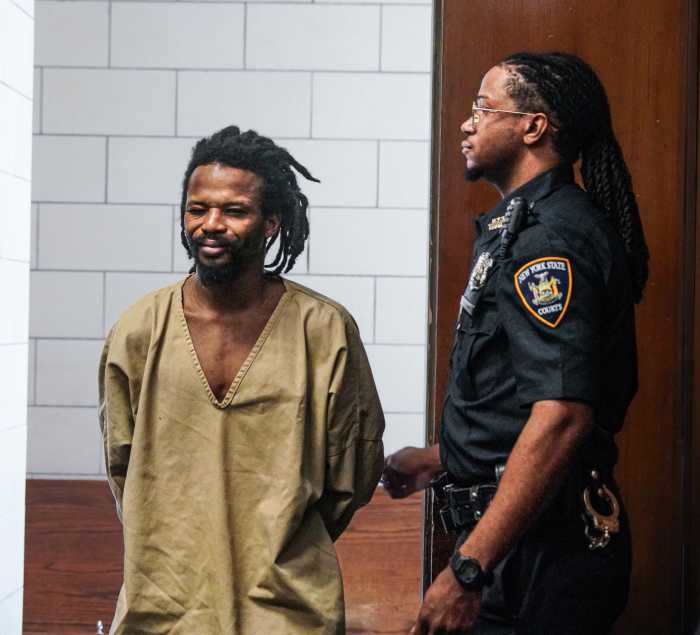In the aftermath of the police killing of Tyre Nichols, Memphis lawmakers are borrowing from Philadelphia’s “Driving Equality” legislation – which prohibits traffic stops for a subset of minor violations.
But, nearly a year after the changes went into effect, the Philadelphia Police Department is still not publishing data that could help determine how closely officers are following the new law, said City Councilmember Isaiah Thomas, the local measure’s primary advocate.
Thomas said the PPD and Mayor Jim Kenney’s administration “hasn’t been able to come into compliance” with companion legislation that requires the city to more closely track details of vehicle stops. A data dashboard was supposed to be set up no later than October 2022, according to the bill.
“I don’t want to speculate what it is that they’re exactly waiting for,” Thomas told reporters Monday during a virtual news conference held jointly with Memphis City Councilmember Michalyn Easter-Thomas.
Kenney’s office and the PPD did not immediately respond to requests for comment Monday afternoon.
Thomas’s office is planning to release a report next week on the first year of Driving Equality, which will include some data on the policy’s impact.
“We’re not collecting the data in the way that we would like to, to be able to analyze every aspect of the bill, to be able to tell if something is not working,” he added.
Philadelphia has been required to collect and post statistics about pedestrian and traffic stops since a 2011 civil rights settlement, though the Driving Equality legislation and a related executive order provide for expanded data and an annual report.
Traffic and pedestrian stops, according to the existing dashboard, have been hovering at around 10,000 a month since Driving Equality was implemented, in March 2022. That’s far lower than in 2019, when monthly stops often exceeded 30,000, but above lows that occurred early in the coronavirus pandemic.
Since the policy went into effect, 72% of those stopped by police were men and 70% were Black. In the year prior, Black drivers and pedestrians made up 72% of the total.
Philadelphia was the first major city to move to limit officers’ ability to pull over drivers for minor offenses, and Thomas has said he hopes the measure will reduce negative interactions between law enforcement and communities of color.
Under the law, police are not permitted to stop drivers solely for outdated registration; improperly located registration (as long as it’s still visible); a hanging license plate; a missing headlight or taillight; items hanging from a rearview mirror; minor bumper damage; or expired inspection or admission stickers.
Those violations can be ticketed if someone is pulled over for a more serious offense, such as speeding or ignoring a stop sign.
Nichols’ death, which was captured on video, sparked protests in Memphis, where he was killed, and elsewhere. The 29-year-old was beaten by a group of officers Jan. 7 following a traffic stop. Five officers have since been charged with second-degree murder.
“We still are wondering what caused that stop,” Easter-Thomas said Monday.
She is attempting to replicate Driving Equality in Memphis, part of a package of legislation introduced in that city, including a data collection bill, aimed at improving police accountability and community relations.
Memphis’s traffic stop ordinance could receive final approval as early as March 7.
































